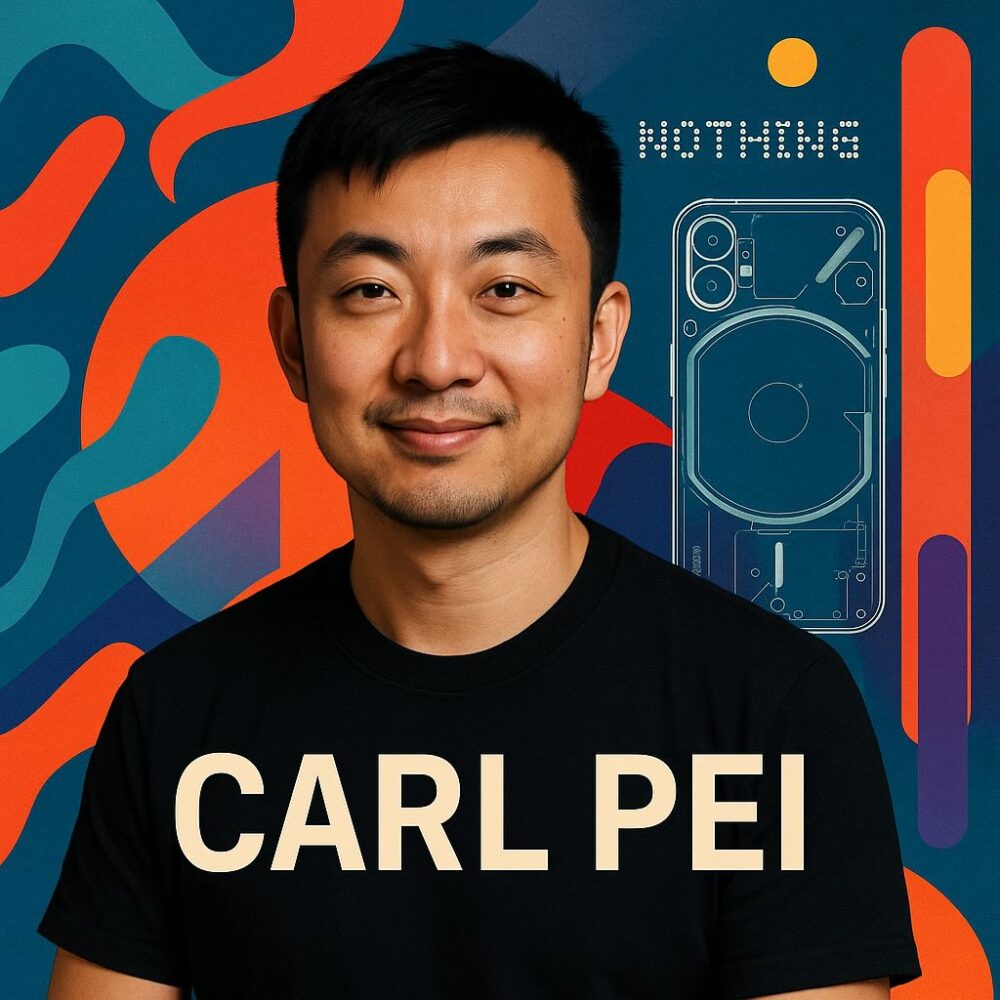In a market saturated with similar-looking devices and iterative updates, Carl Pei, CEO of London-based startup Nothing, is steering his company in a different direction. In a recent interview with WIRED, Pei outlined a long-term vision for smartphones that shifts focus from feature overload to streamlined, personalized functionality—ultimately envisioning a future where devices run on a single, intelligent app that doubles as the operating system.
Pei acknowledges that Nothing operates with notable disadvantages: it’s small, has limited cash flow, and lacks the industrial muscle of its competitors. But he sees those constraints as catalysts for creativity. Rather than trying to serve everyone, Nothing targets a more defined segment—users who value design, clarity, and expressive tools. The company’s latest device, the Phone (3a), introduces features aimed at this niche, such as its “Essential Space” concept designed to help users organize their ideas intuitively.
Nothing has expanded its portfolio beyond smartphones, offering wireless earbuds, a smartwatch, and audio products under a lower-cost sub-brand, CMF. But the company’s ambitions go well beyond hardware diversification. As Pei told WIRED, the real opportunity lies in rethinking the smartphone experience in the age of AI—not by simply embedding AI into existing frameworks, but by allowing it to redefine how people interact with their devices.
Pei criticizes the current wave of AI integration across the industry as reactive and superficial, likening it to the pre-iPod MP3 player era. According to him, the success of the iPod came not from being first, but from delivering a cohesive product that combined thoughtful design, user-friendly software, and a compelling business model. He sees a parallel in today’s AI race: it’s not about who adds AI features the fastest, but who does it in a way that genuinely improves the user experience.
Instead of piling on features or aggressively marketing AI as a panacea, Nothing is taking a measured approach. Pei argues that AI should serve to reduce friction—automating tasks, predicting intent, and eventually removing the need for multiple apps altogether. He imagines a future where the smartphone OS itself is the interface, dynamically tailored to the user and capable of handling tasks proactively based on time, context, and behavior.
Still, he acknowledges that getting there will take time—likely seven to ten years. Users remain attached to the autonomy apps provide, and any transition to a more automated, centralized system will need to be gradual and transparent. Pei also emphasizes the importance of user trust, especially when it comes to data. Clear policies about where data is stored, how it’s used, and who can access it will be crucial if users are expected to embrace more AI-driven systems.
The backdrop to all this is a broader industry that, in Pei’s view, has lost much of its creative spark. Once-disruptive brands have matured into corporate monoliths, while public enthusiasm for new tech has cooled. In his conversation with WIRED, Pei positions Nothing not just as a tech company, but as a response to that fatigue—a company that wants to bring back a sense of curiosity and emotional connection to technology.
As Nothing carves out its place in a trillion-dollar industry, its success will depend on more than clever design or provocative ideas. It will require sustained execution, user trust, and a clear alternative to the status quo. But if Pei’s predictions about where smartphones are headed prove accurate, his company might just be building not for today’s market, but for the one that comes next.





